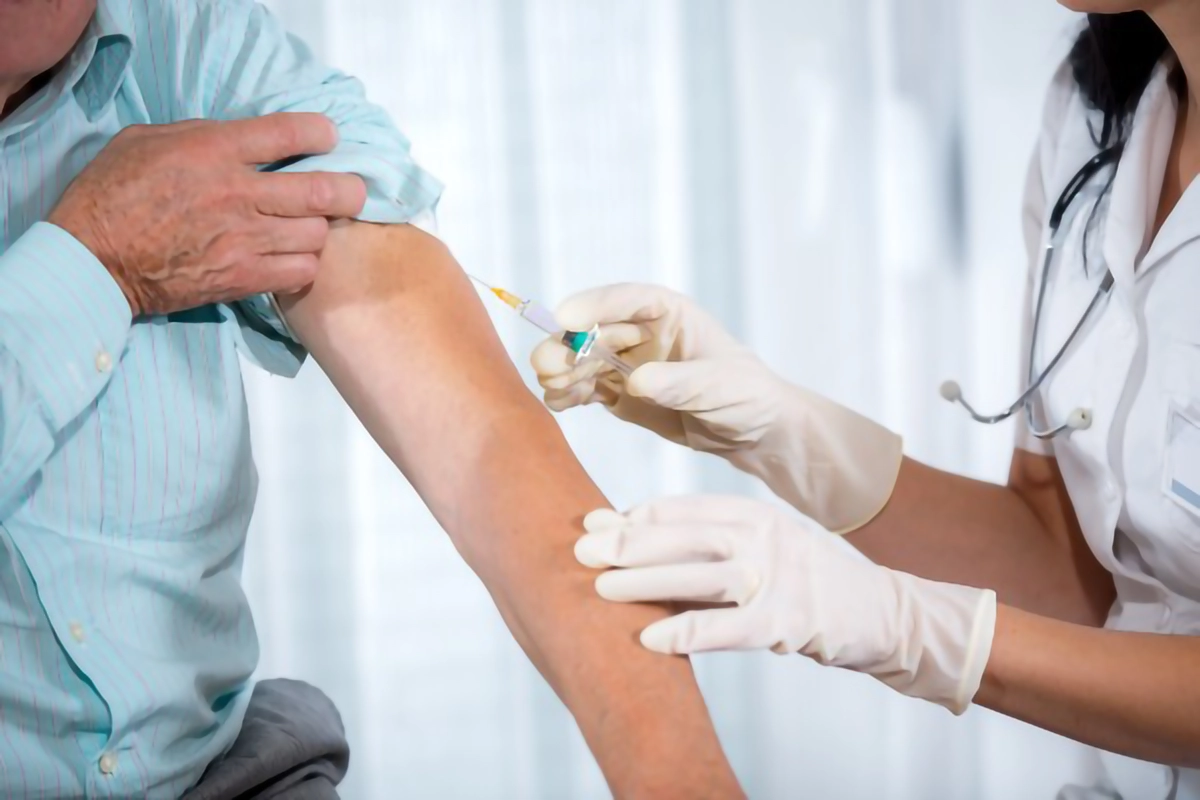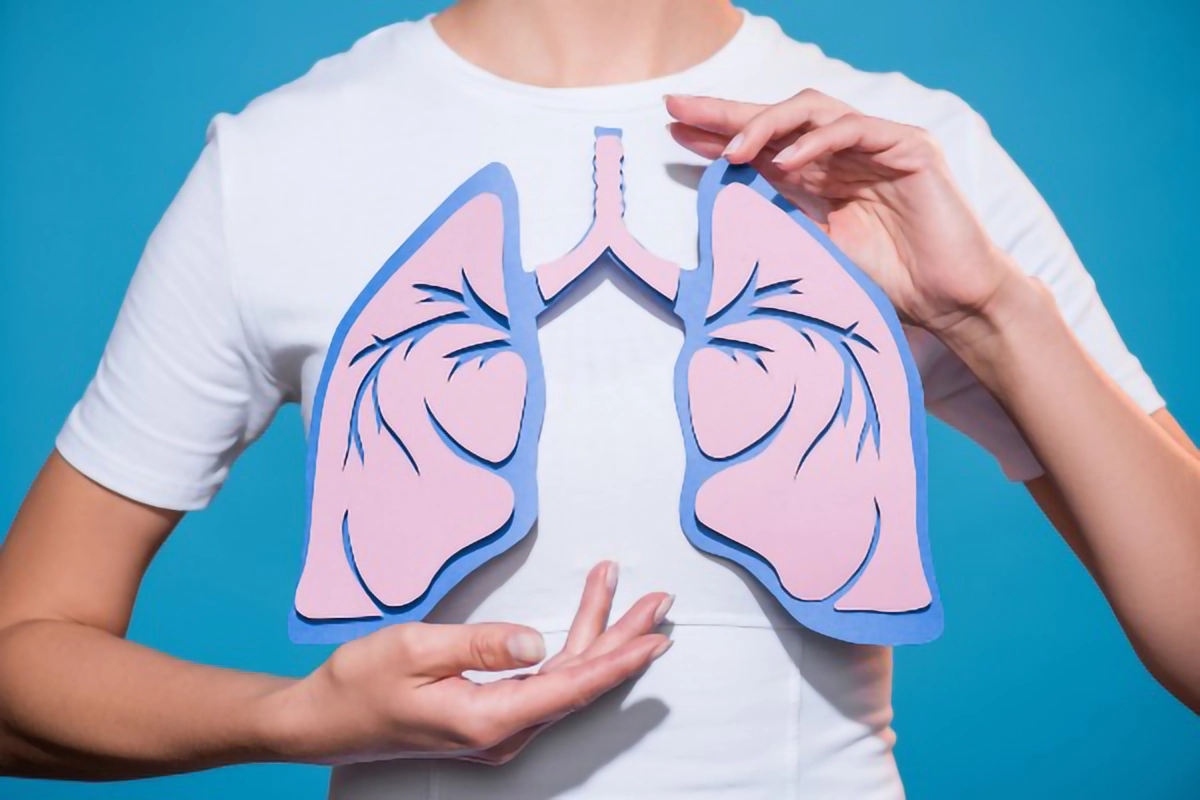We use cookies to help provide you with the best possible online experience.
By using this site, you agree that we may store and access cookies on your device. Cookie policy.
Cookie settings.
Functional Cookies
Functional Cookies are enabled by default at all times so that we can save your preferences for cookie settings and ensure site works and delivers best experience.
3rd Party Cookies
This website uses Google Analytics to collect anonymous information such as the number of visitors to the site, and the most popular pages.
Keeping this cookie enabled helps us to improve our website.
Patient Newsletter: Issue 7
Welcome to our Autumn newsletter of 2024.
In this issue we shine a spotlight on our senior partner GP Dr Ben Davies and our GP trainees.
Some of the topics we will cover include the new NHS volunteering website, support whilst awaiting an Autism/ ADHD assessment, cervical screening and vaccinations.
Also included is Octobers’ appointment and practice statistics.
Dr Ben Davies Spotlight
Those of you who have followed our Practice Newsletter series will be aware that each issue we have put the “Spotlight” on a team member. This week it is my turn.
When I was considering my choices of career as a schoolboy, bearing in mind I couldn’t sing, dance or play a musical instrument (and still can’t), one of the influences on my decision was that the Doctors I met were great characters who were friendly and cared about people. I felt that if I was going to spend most of my working life in a team of people then it would be great to choose a good crowd to be with! That has certainly been the case at Langley House.
Of course the other “crowd” we see is our patients and again over my 20 years at the surgery I have met some lovely people and I know that we are very lucky to have a fantastic relationship with our patients. I love seeing those who I have known as children come, often with their own children, as young adults. (For routine immunisations of course, no one likes illness!)
Outside of the surgery I love supporting my boys in their sports and sailing my Finn dinghy on the harbour.
I am currently learning to Wingfoil and I think I have discovered every different way to fall off the board!
Keep Healthy and Happy.
Ben
Launch of the NHS Volunteering website
NHS England has launched a website allowing prospective volunteers to find and apply for NHS and partner volunteering opportunities in their area using a simple postcode search.
In creating the NHS Volunteering website, there is now a single front door to volunteering across healthcare. This will make it easier for people to learn about health-related volunteering and give their time in support of the NHS and our voluntary sector partners.
The site is free and easy to use for both recruiters and potential volunteers, built with digital accessibility in mind and shaped by extensive user research. Recruiting organisations can post role adverts directly on the site and opt to either receive applications via a simple contact form or integrate the site into their existing recruitment tools.
October Practice Statistics
From May we started analysing our practice activity date to share with our patients and identify any areas of improvement. This data is on display in our reception areas.
We have completed over a 1,000 extra face to face appointments in October to offer the annual flu vaccination.
Please find below Octobers statistics:
- Telephone appointments completed- 1,383
- Face to face appointments completed- 3,135
- Incoming calls- 10,166
- Average call wait times- 4 minutes 17 seconds
- Appointments not attended- 328
- Wasted hours from appointments not attended- 51
- Online consultations processed by reception- 460
- Incoming documents processed by secretaries- 4,569
- Prescriptions processed- 11,504

New Autism and ADHD support signposting webpage
We have seen a significant increase in the numbers of people both nationally and locally who are seeking an assessment for suspected autism and/or attention deficit hyperactivity disorder (ADHD).
This has led to waiting times that are much longer than anyone would want. We understand how difficult it is for people and their families/carers to wait for services when there is a need for support.
We hope this simple listing of some of the core support in Sussex will help you to manage some of you and your family’s needs in the initial interim period. More comprehensive and detailed information of a wider range of services and support is available from Local Offer websites, provided by your local authority (linked below). A child does not need a diagnosis or an Education Health and Care Plan (EHCP) for the family to be able to access the services included here.
Please visit this signposting webpage to access support.

Cervical Screening
Did you know we now offer Saturday appointments for cervical screening?
You will receive an invite every 3 years if you are aged 25 to 49. After that, you get an invite every 5 years until age 64. If you are unsure when your screening is due please contact the practice.
There are on average 3,256 new cases of cervical cancer each year. (2017-2019 UK). 99.8% of cervical cancer cases are preventable. (2015 UK)
Figures as of December last year show 65.8% of the 11 million eligible women aged 25-49 took up their cervical screening invitation and were screened within the recommended time, while the proportion was 74.1% among women aged 50-64.
NHS cervical screening helps to prevent cervical cancer by using a highly effective test to check for high-risk HPV, which causes 99% of cervical cancers. HPV can cause abnormal cells to develop in the cervix and if left untreated, these cells can turn into cervical cancer over time. That is why it’s important to come forward for screening when invited.
NHS Immunisation Schedule
At the surgery, we give follow the NHS immunisation schedule. Apart from the childhood immunisations, we also offer the following:
Flu
Children and patients aged over 65 plus patients with certain at risk conditions:
- conditions that affect your breathing, such as asthma (needing a steroid inhaler or tablets), chronic obstructive pulmonary disease (COPD) or cystic fibrosis
- heart conditions, such as coronary heart disease or heart failure
- chronic kidney disease
- liver disease, such as cirrhosis or hepatitis
- some conditions that affect your brain or nerves, such as Parkinson's disease, motor neurone disease, multiple sclerosis or cerebral palsy
- diabetes or Addison's disease
- a weakened immune system due to a condition such as HIV or AIDS, or due to a treatment such as chemotherapy or steroid medicine
- problems with your spleen, such as sickle cell disease, or if you've had your spleen removed
- a learning disability
- being very overweight – a body mass index (BMI) of 40 or above
The flu vaccine aims to protect you against the most common types of flu viruses. There’s still a chance you might get the flu after getting vaccinated, but it’s likely to be milder and not last as long. The vaccine usually takes up to 14 days to work.
Protection from the flu vaccine goes down with time and the types of flu virus the vaccine protects against are updated each year. That is why it is important to get the vaccine every year.

Shingles - (also called herpes zoster)
Shingles is a disease that is caused by the same virus that causes chickenpox. Most of us have had chickenpox when we were younger, even if we did not know we had had it. The virus stays in our bodies for the rest of our lives and can reactivate when we get older, causing shingles. Shingles is caused by the reactivation of an infection of a nerve and causes a range of symptoms, depending on where it appears on your body. These often include a rash and clusters of painful, itchy, fluid-filled blisters. Eyesight can also be affected, if it develops in the eye. It can leave people with on-going, severe pain called post-herpetic neuralgia. This pain can last for several months or even years and can be bad enough to need to be admitted to hospital. About one in five people who have had chickenpox develop shingles. It is more common in people over 70 years old but the vaccine is less effective in people aged over 80. Eligible groups are patients turning 65 on or after 1.9.23, patients aged 70-79 and patients aged 50 or over with a severely weekend immune system.
Pneumococcal
The pneumococcal vaccine protects against serious and potentially fatal pneumococcal infections caused by the bacterium Streptococcus pneumoniae which can lead to pneumonia, septicemia (a kind of blood poisoning) and meningitis.
At their worst, they can cause:
- permanent brain damage, or even kill. A pneumococcal infection can affect anyone. However, some people are at higher risk of serious illness - the higher risk group includes adults aged 65 and over and patients in the following groups:
- sickle cell disease, coeliac disease, problems with your spleen or you've had your spleen removed
- a long-term condition that affects your breathing such as chronic obstructive pulmonary disease (COPD) or cystic fibrosis
- a long-term condition that affects your heart such as coronary heart disease or heart failure
- chronic kidney disease
- a long-term condition that affects your liver such as cirrhosis
- diabetes
- a weakened immune system due to a condition such as HIV, or a treatment such as steroid medicine or chemotherapy
- a condition where fluid that protects the brain and spinal cord leaks out (cerebrospinal fluid leaks)
- cochlear implants

RSV
RSV is an infectious disease of the airways and lungs. RSV infection often causes symptoms similar to a cold, including cough, sore throat, sneezing and runny or blocked nose. It can also make you become wheezy or short of breath and lead to pneumonia and other life-threatening conditions. There is no specific treatment, and most infections will get better by themselves. Every year thousands of older adults need hospital care for RSV, and some of them will die. RSV can be more severe in people with medical conditions such as heart or lung disease or a weakened immune system.
RSV infection is common in young children but is most serious for small babies and for older people.
Almost all older adults will have had several RSV infections during their life. A single dose of vaccine will help to boost protection as you reach an age group at highest risk of serious RSV infection. You do not need to have this vaccine every year.
The RSV vaccine is recommended if;
- You’re pregnant – the vaccine is recommended during every pregnancy (from 28 weeks onwards) to help protect your baby after they’re born.
- Your aged 75 to 79.
Prescription Ordering
We do not take prescription requests over the phone. Please use the NHS app, SystmOnline or the prescription boxes in reception.
Ideas for our next newsletter
In our next newsletter we will focus on staff with other roles within the practice, giving you an insight into the other members that make up our practice team and may be involved in your care.
Published: Nov 21, 2024
